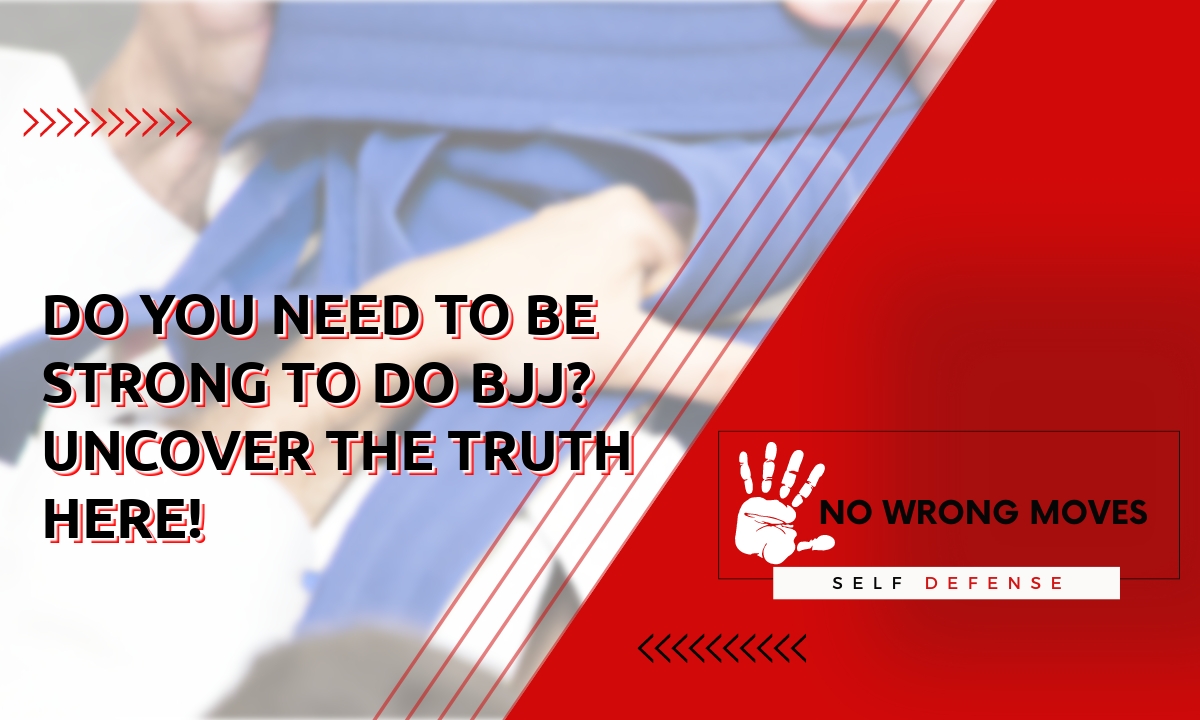
Brazilian jiu-jitsu has seen a staunch increase in popularity over recent years, in no small part due to its prominence in competitions from the UFC and Bellator MMA.
Its efficiency at self-defense as well as its ability to act as an excellent workout have caused millions of people all over the world to flock to the nearest dojo, eager to get a taste of what the craze is all about.
But many believe a common barrier to entry here is strength, that they just might not be strong enough for all that grappling and maneuvering. Today, we'll be looking to look into these claims, settle these doubts, and address whether or not you need to be strong in BJJ.
What Is BJJ?
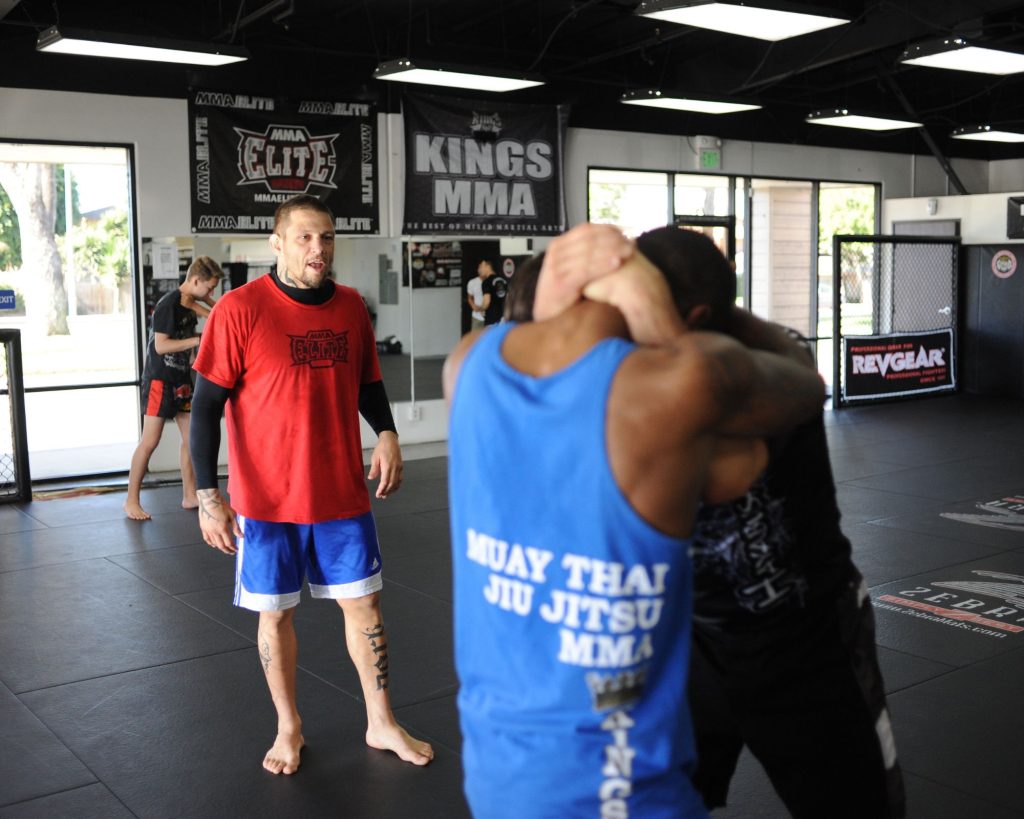
BJJ is a grappling-based martial art that emphasizes ground work. Jujitsukas study how they can use their opponents' strength against them, using maneuvers that have the goal of immobilizing opponents and forcing them into submission.
Compared to other combat sports, BJJ is referred to as a "gentle art" and lacks striking, such as punches and kicks, but makes up for it with locks, holds, and other similar moves.
Practitioners drill incessantly to master the techniques they've learned. Pairing themselves up with a partner, they practice different maneuvers to the point of achieving muscle memory and incredible technical proficiency.
Training is always done in a controlled environment and with the strict supervision of an instructor, to ensure safety and allow jujitsukas to receive feedback on how they can improve.
Although the sport had its humble beginnings in Brazil, more and more dojos have opened up all around the world in recent years, and this trend is unlikely to change.
How important is technique in BJJ?
The short answer is yes, strength does matter in BJJ. The long answer is much more complicated.
First things first, technical proficiency is king in BJJ. It's a heavily complex martial art that will require a lot out of both your mind and your body.
Remember what we said about jujitsukas drilling incessantly? That's because you can't get very far in BJJ unless you have great technique. In fact, by and large, your technique will be the deciding factor for how good you actually are.
There's just so much technical skill involved here, to the point that many practitioners take hundreds of tries over dozens of sessions just to master one move.
A quintessential example of this is the rear naked choke, a particularly potent maneuver that is virtually impossible to get out of--if applied skillfully.
In simplified terms, this is done by getting behind an opponent, you lock an arm around their neck and use your other arm to secure your position in place. Your opponent's oxygen supply will be cut off, rendering them unconscious in mere seconds.
And because the move is applied from the back mount, your opponent will be pretty much stuck in place, unable to actually hit you or shake you off of them. How can they, after all, when you're firmly behind them?
This kind of maneuvering around an opponent doesn't come easy, but it's what BJJ will provide to practitioners who have the commitment, dedication, and sheer perseverance to get really good with their technique.
Technique Beats Strength
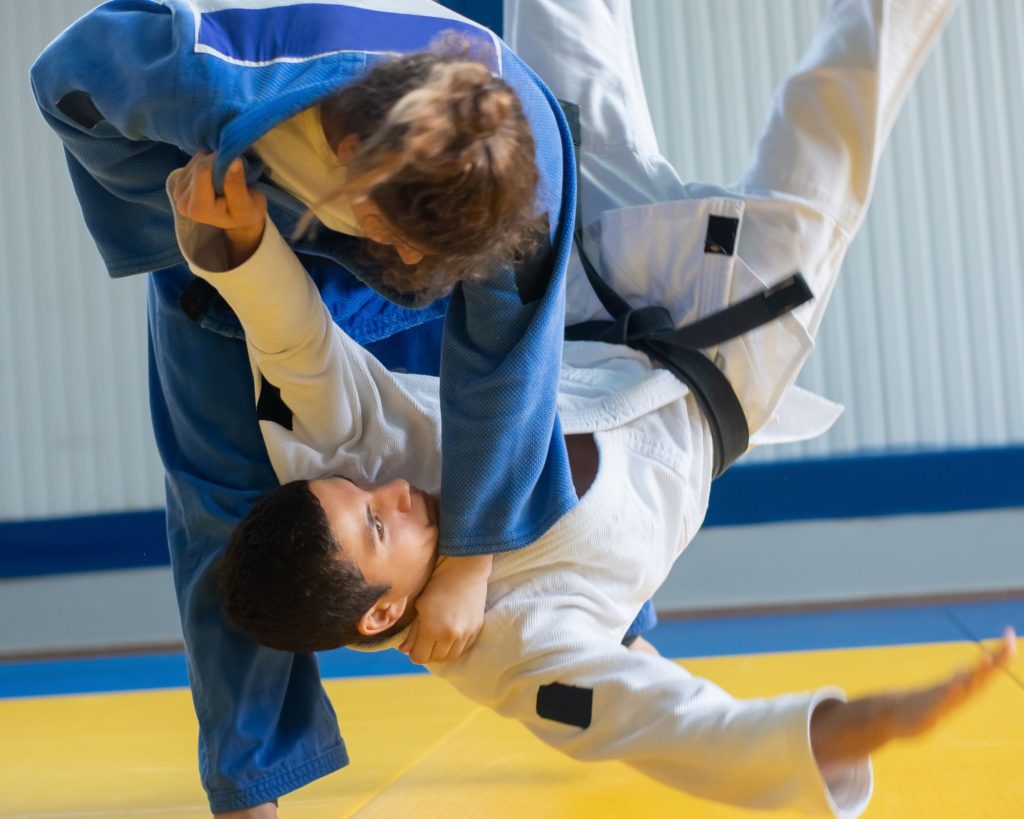
The idea that technique beats strength is among the fundamental concepts of BJJ. Embraced wholeheartedly by jujitsukas, it serves as a foundational building block for the sport itself.
Helio Gracie, one of the pioneers of BJJ, was not a particularly large or strong person. In order to perform as well as his brothers, or other martial arts practitioners in general, he needed a way to win bouts without relying on his own strength.
His experiences have helped sculpt BJJ for an entire century, and he stands as a testament to the primacy of technique over strength in BJJ. So if you're still having doubts, take it from one of the founders themselves!
And if you're still unconvinced, remember that technique actually plays a role in how strong you are. Specifically, technique will allow you to become stronger. Leverage is a key, fundamental concept in BJJ, and it's a big part of why smaller fighters can beat bigger ones.
It essentially allows you to apply much more force on an opponent than if you used your own brute strength. By placing their full weight on a specific area or by entering a position where opponents cannot fight back, jujitsukas can immobilize their opponent and win the bout.
It's not a concept that can be applied easily, but it's a key part of why BJJ is so effective.
Strength in BJJ: How Useful is It?
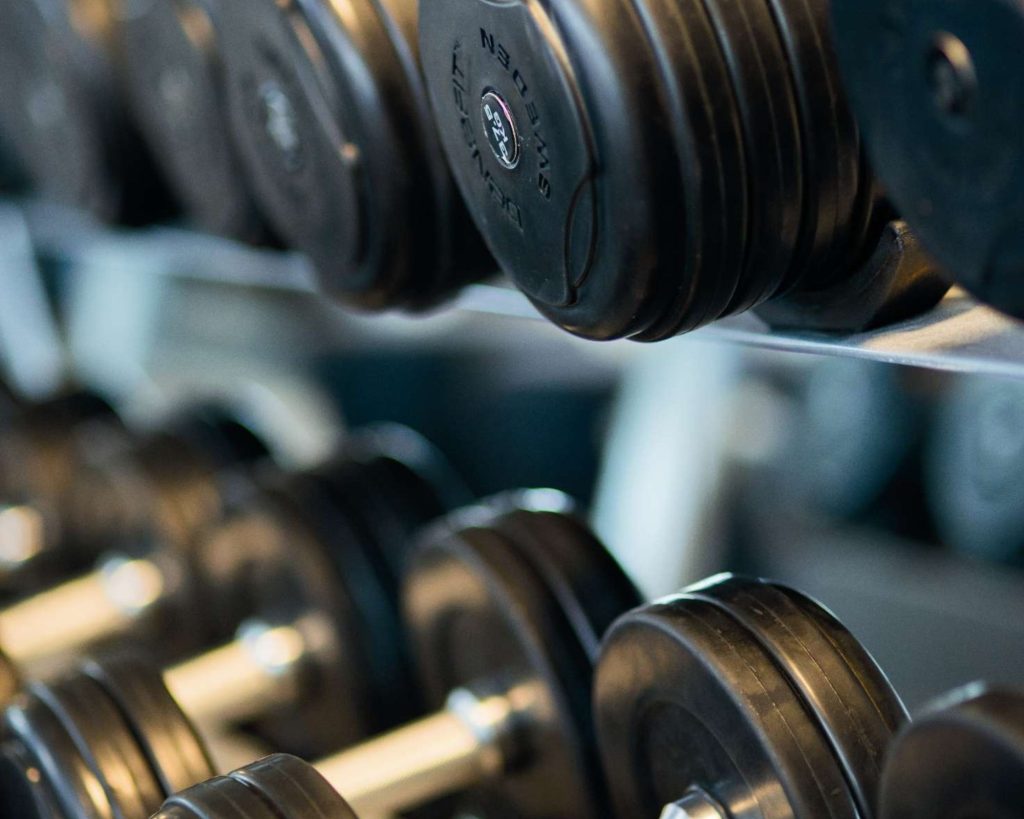
But don't get all excited just yet. None of this means that being strong is outright irrelevant. Strength absolutely still does matter in BJJ. The primary component you'll need to consider in BJJ is that, odds are, you're going up against people who are just as skilled as you.
Your instructors are capable. They'll never force you to roll against someone that you can't handle, but this also means they'll never pit you against someone that's too easy for you.
This means you'll often be going against people who can challenge you on the mats. And because technical skill is likely to be equal, they'll be able to counter your moves, apply their own, and overall make it difficult for you to apply the techniques you've spent so much effort learning.
In these cases, strength will play a strong determinant over who comes out on top. There are still a number of situations where strength will benefit you, and there are also many techniques, like the americana, which will be much easier to implement if you're physically strong.
Of course, becoming more skilled is often the best way to address this. Matching your opponent's strength pound for pound isn't always an option, and it would be unrealistic to tell a 5'6, 140-pound man to work out until he's as big as his 6'2, 250-pound sparring partner.
But the point here is that strength still matters. It just doesn't matter as much as technique does.
How Can You Become Stronger To Improve Your Game?

Strength training classes are an excellent way to supplement your time in the dojo. Many practitioners already take BJJ because of how well it can keep you fit, so strength training can be a natural supplement to that!
The best thing about strength training is that, unlike BJJ, you don't need to do it in a dojo. You don't even need to do it with a partner!
Weights that you can use at home are becoming an increasingly popular option for working out. There's also calisthenics, which allows you to build muscle using nothing more than your own body as resistance.
But if you're looking for a way to build strength in order to improve your game, then hands down, drills and conditioning are among the best ways to go. You'll be practicing your techniques while building up strength, a great way to kill two birds with one stone.
This goes even beyond strength, as well. Whenever you put effort into learning these new techniques, you eventually become comfortable enough to apply them even against opponents you'd have no match against in a non-BJJ setting; it's just a great option all-around.
The Wrap-Up
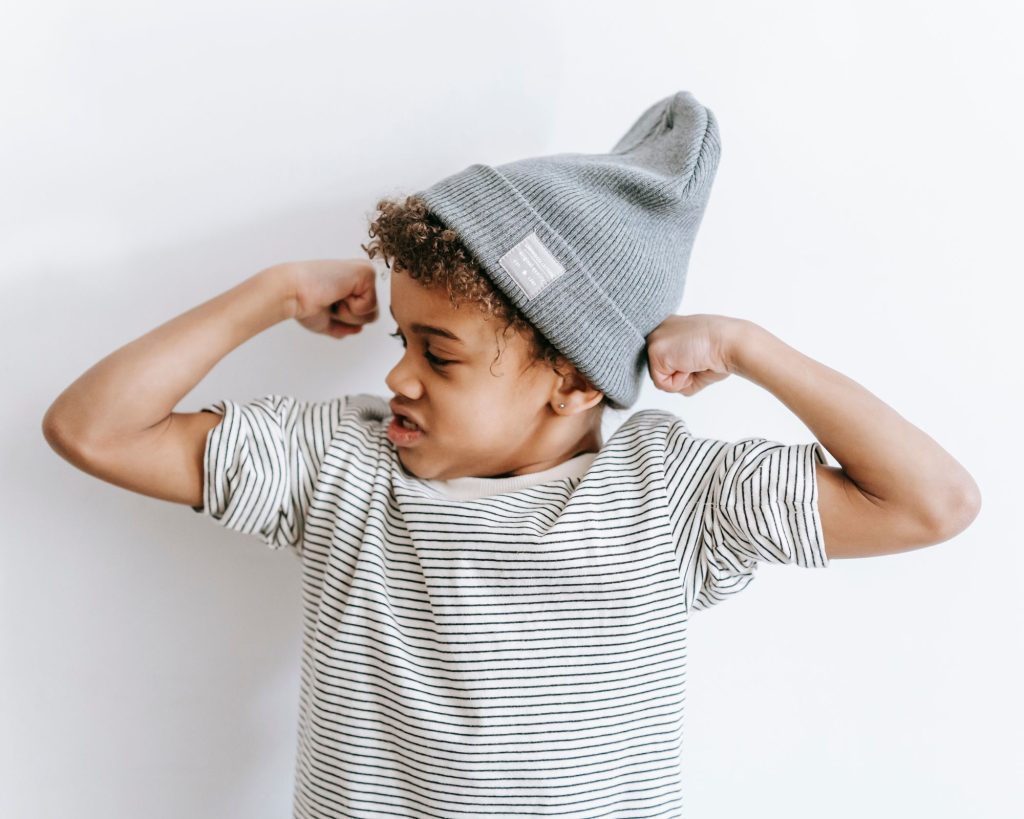
BJJ prides itself on how its practitioners do not need to be big and muscular in order to be successful. And it should be proud: it's one of the few martial arts that has this kind of setup.
Because technique reigns supreme over strength, BJJ can enjoy a much more even playing field in competitions. The penchant for natural advantages brought about by size and strength can be greatly mitigated. Instead, competitors can focus more on what really matters: pure skill!
So even though you shouldn't neglect the role that strength plays in BJJ, always remember that you can top even the strongest opponent using technique, dedication, focus, and pure hard work.
Curious to learn about BJJ's cousin sports? Don't worry, we've got you covered!
[author-box-jpx-fitness]
